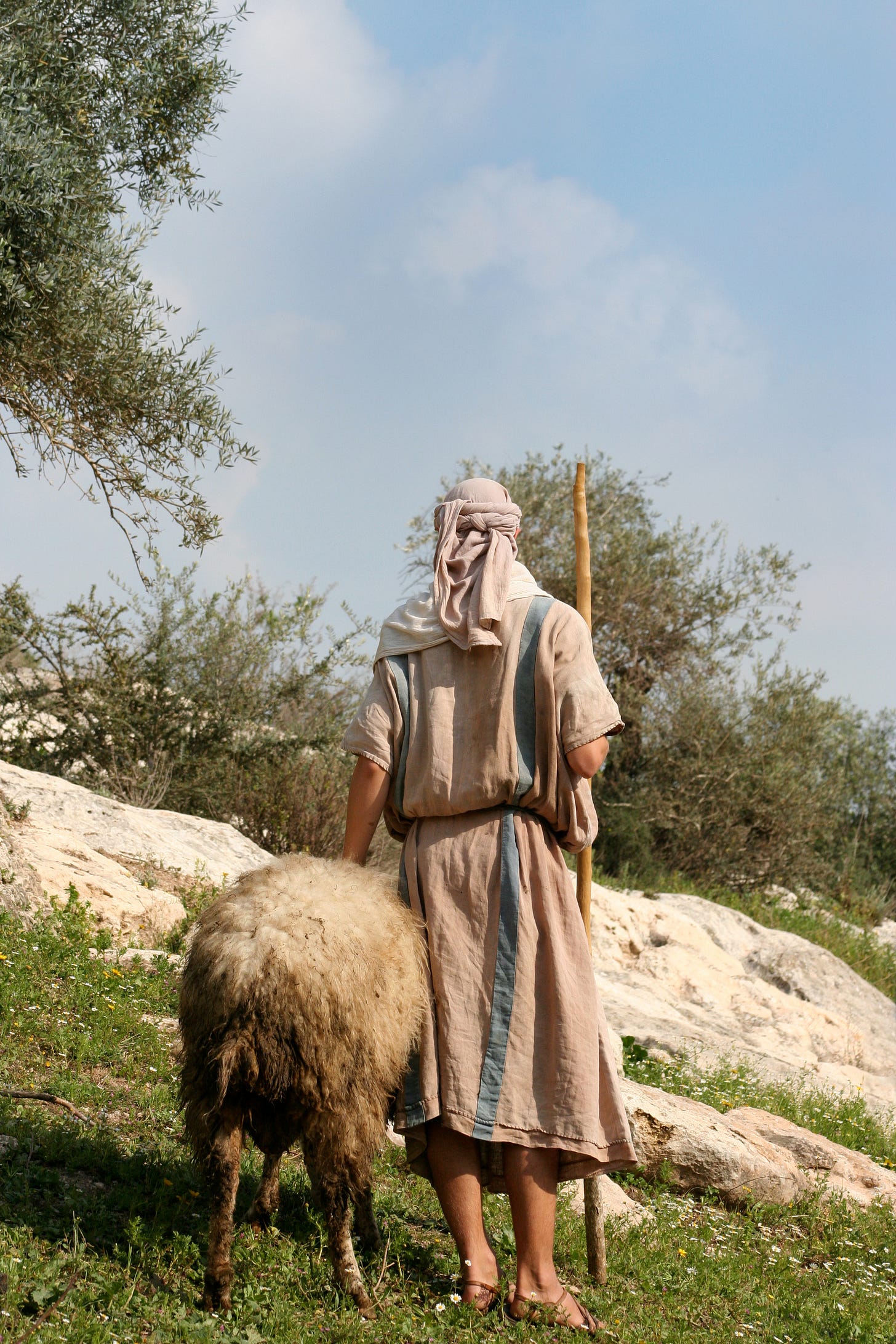This weeks parashah relates the heartbreaking story of the sale of Yosef.
After the brothers sell Yosef into slavery, they tried to cover up their act by pretending that he was killed by a wild animal. Yaakov, Yosef’s father, is heartbroken and cries out in grief. In the midst of all this, Yehuda, who is blamed for not preventing the sale of Yosef, goes out to find quieter pastures and went to Adullam where his friend Chirah lived.
It was in Adullam that Yehuda married the daughter of Shua and had three children; Er, Onan and Shelah. Er went on to marry Tamar. When Er died childless, Onan was to be married to her and give Tamar the children of his brother. Then Onan died as well, so Yehuda hesitated to give Tamar to his third son, Shelah. After the death of Yehuda’s wife, Tamar believed that Yehuda has reneged on his promise to her, so she disguised herself as a prostitute and seduced Yehuda, becoming pregnant with his twins. She asked for a mashkon or a pledge in place of the payment …




